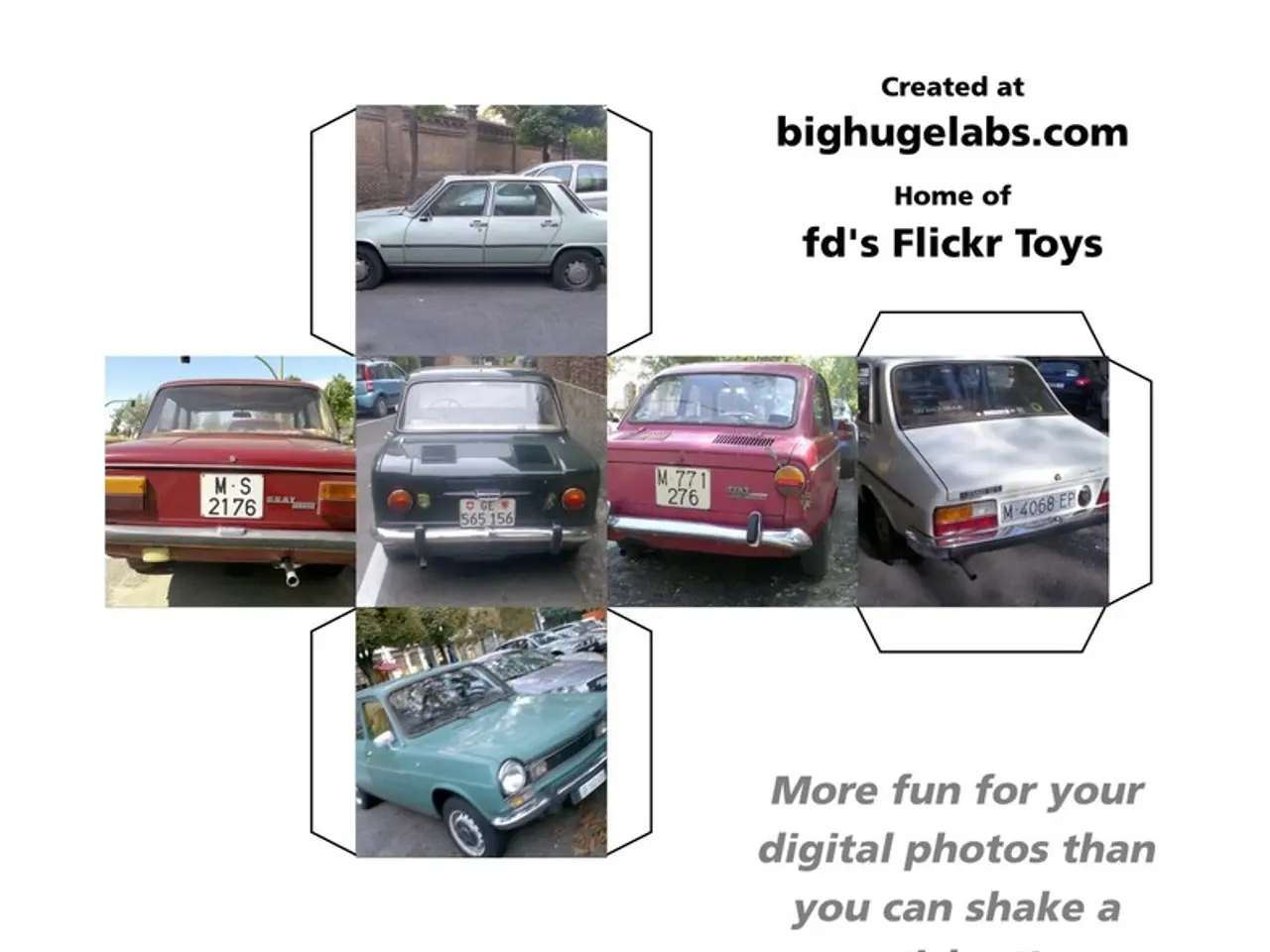Traditional Orientation Methods Face Criticism, Interactive Approaches Gain Traction
Traditional orientation methods are facing criticism for overloading working memory, which reduces retention and driver preparedness. Experts suggest combining orientation frameworks and adopting more interactive approaches to enhance learning experiences.
Research shows that most people forget half of what they hear within an hour, making traditional orientations ineffective. These methods often rely solely on learner-to-instructor interaction, leading to quick forgetting. To counter this, educators are exploring new approaches. The flipped classroom approach begins with a substantive face-to-face or online session, followed by shorter sessions. This allows for better reinforcement of key concepts over time, treating learning as an ongoing experience.
Group rotation and online laboratory approaches are also gaining traction. Group rotation builds camaraderie and a sense of community among learners, while the online laboratory approach places learners at the center, using in-person time for connection and purpose. Furthermore, moving away from linear, text-based, or static visual formats, educators are embracing interactive visualizations, workshops using digital authoring tools, and generative AI tools for multimedia content. These methods enable competence-oriented, inclusive, and legally compliant learning environments.
In fields where safety and lives depend on effective learning, keeping learners engaged and not overwhelmed is crucial. By combining orientation frameworks, adopting interactive approaches, and utilizing modern tools, educators can create more impactful learning experiences that improve retention and driver preparedness.
Read also:
- CEO Efe Cakarel of film platform Mubi addresses controversy regarding new investor and Israeli military ties, establishes advisory board and fund to safeguard artists under threat.
- Germany's Steel Industry Hopes for EU Nod on Subsidized Electricity Prices
- India's Agricultural Storage Infrastructure Booms: Record Projects, Capacity, and Funding
- Launching a Chore Service Business: Exhaustive Tutorial





